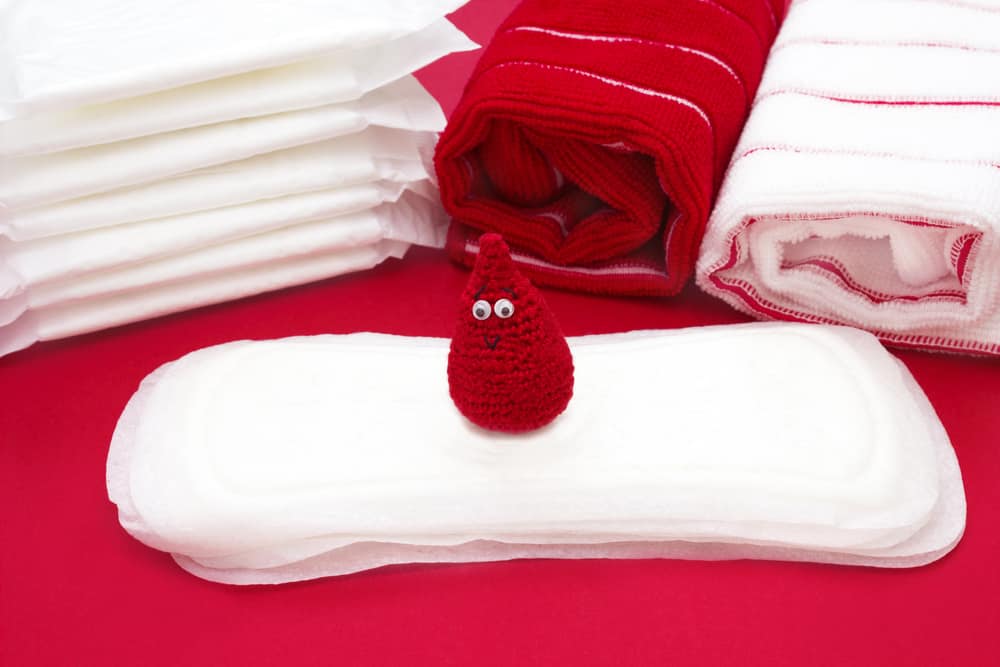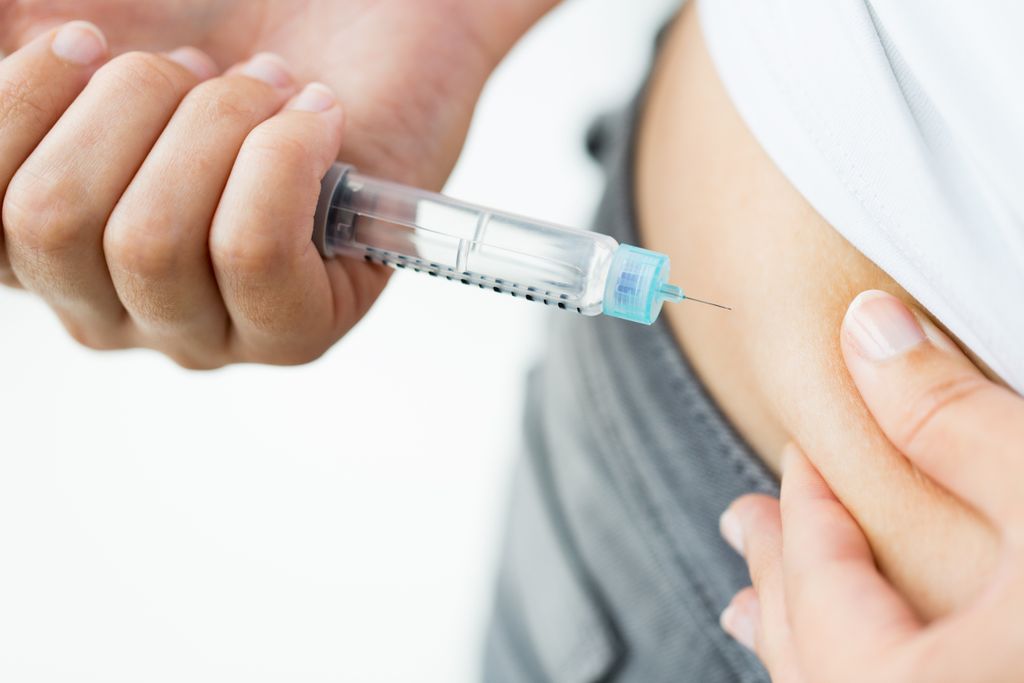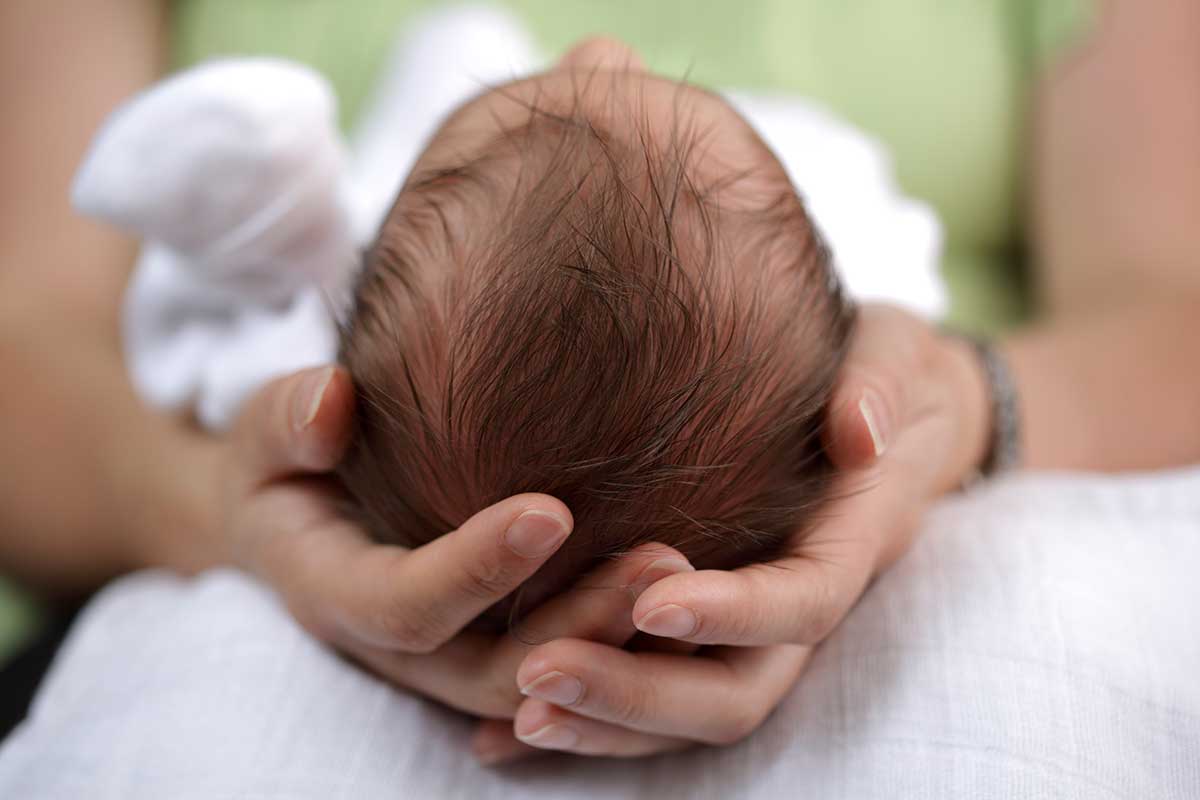Contents:
Medical Video: Can Diabetic Patients Undergo Liposuction? - Manipal Hospital
You may need to have surgery for complications of diabetes or other problems. Your diabetes can increase the risk of problems during or after your surgery, such as:
- Infection after surgery
- Slow healing
- Heart problem
What needs to be done before surgery
Work with your doctor to determine the safest surgery plan for you. Focus more on controlling your diabetes during the weeks before surgery.
Your doctor will do a medical examination and talk to you about your health. Tell your doctor about the medication used. If you consume Metformin, tell your doctor how to stop it. Usually, patients stop taking it 48 hours before and 48 hours after surgery to reduce the risk of lactic acidosis. If you use insulin, ask your doctor what dose you should take the night before and on the day of your surgery.
Surgery is more risky if you have diabetes complications. So talk to your doctor about controlling your diabetes and the diabetes complications you have. Tell your doctor about problems that you have in your liver, kidneys or eyes, or if you have a loss of feeling in your feet. The doctor can run several tests to check the condition of the problem.
What needs to be done during surgery
Talk to your doctor about how to maintain good blood sugar levels during surgery. Your blood sugar must be between 80-150 milligrams per deciliter (mg / dL) during surgery. You can undergo surgery better and recover faster if your blood sugar is controlled during surgery.
Your doctor may use insulin and glucose infusion to keep your blood sugar stable during surgery.
What needs to be done after surgery
Check your blood sugar regularly. You might have more trouble controlling your sugar because:
- Having difficulty eating
- Gag
- Stress after surgery
- Less active than usual
You can take more time to heal because of your diabetes. Be prepared to stay in the hospital if you experience major surgery. People with diabetes often have to stay in the hospital longer than people without diabetes.
Watch for signs of infection, such as fever, or incisions that are red, hot to touch, or wet.
Prevent bedsores. Move around the bed frequently and get out of bed. If you have a feeling of numbness in your toes and fingers, you may not feel it when you are sick while sleeping. Make sure you move around your bed.
When to contact a doctor?
Contact a doctor if:
- You have questions about surgery or anesthesia
- You are not sure what medication you should take or stop before surgery
- You think you have an infection












